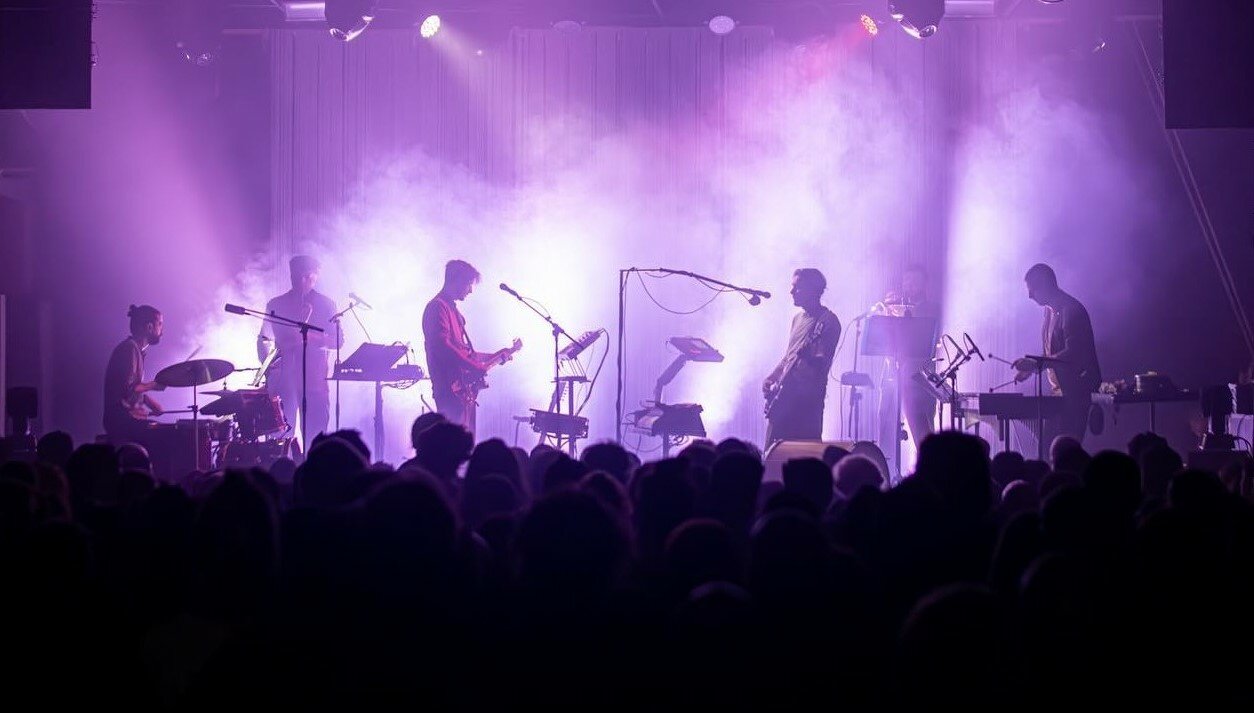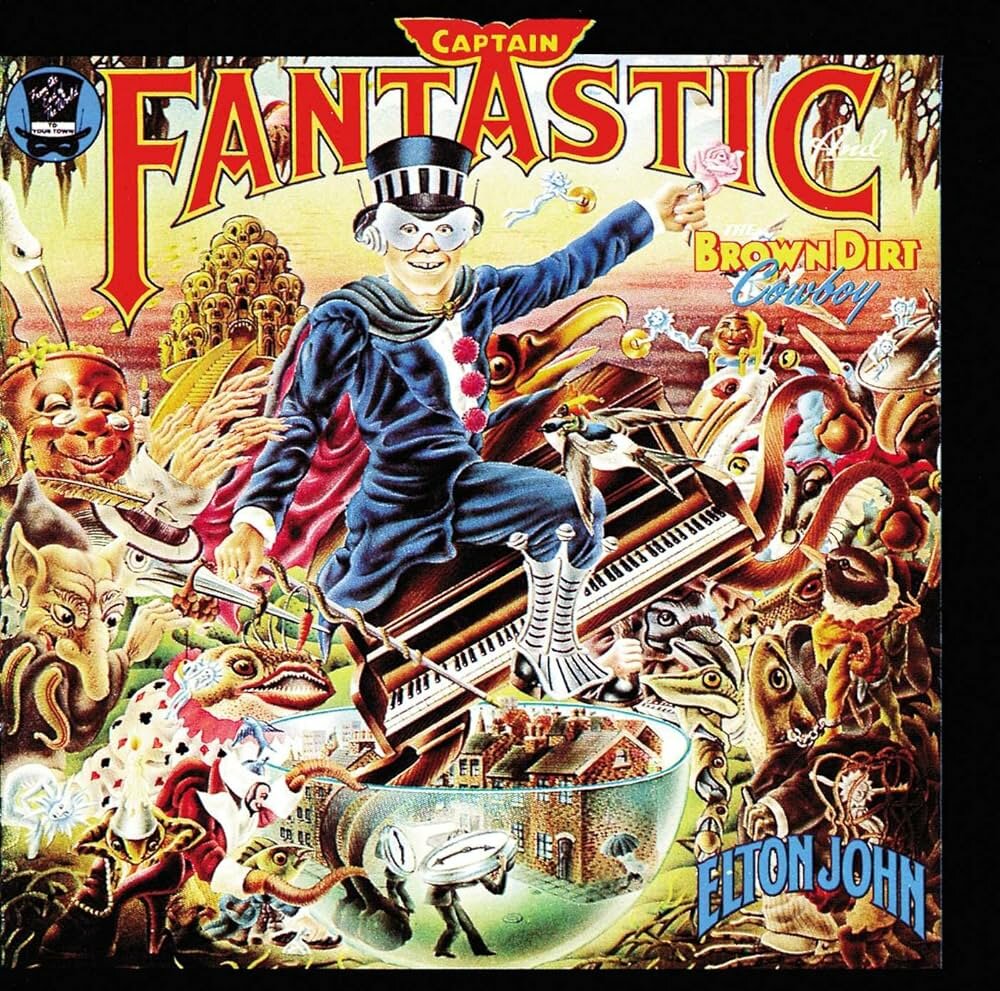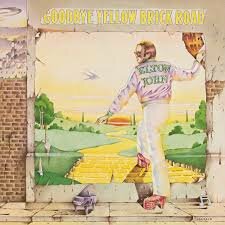Secondo appuntamento dedicato a Björk: oggi parliamo di "Post".
Secondo album in studio della cantante, "Post" (1995) rappresenta un progetto più audace e a tratti aggressivo rispetto al precedente "Debut", nel quale Björk aveva già messo in atto una prima fusione di generi e influenze musicali. Questa amalgama di stili trova terreno fertile anche in "Post", che, prodotto in collaborazione con Nellee Hooper, Graham Massey e Tricky dei Massive Attack rappresenta un riuscito bilanciamento tra pop e sperimentazione, tra strumenti reali ed elettronici. Techno, trip-hop, house, ambient e industrial sono solo alcuni dei generi tra cui la cantante si avventura in questo secondo progetto, pienamente in linea con il clima multiculturale della Londra di metà anni '90. Tra i singoli troviamo alcune della canzoni più famose della discografia dell'artista, tra cui "Army of Me", "It's Oh So Quiet" e "Hyperballad". Nella prima, che si presenta come un brano industrial rock con influenze trip hop, Björk si rivolge al fratello minore con voce imperiosa per spingerlo a non lamentarsi e ad agire per migliorare la sua condizione. Il tono aggressivo di "Army of Me" lascia presto spazio a "Hyperballad", che in una curiosa unione di archi ed elettronica vede la voce narrante esorcizzare i suoi turbamenti e pensieri negativi gettando oggetti dalla cima di una scogliera per poi tornare dal suo amato e sentirsi al sicuro al suo fianco. Dopo la bizzarra "The Modern Things", subentra un repentino cambio d'umore con "It's Oh So Queit", cover di un brano jazz reso famoso da Betty Hutton. Segue la techno oscura di "Enjoy", la misteriosa "You've Been Flirting Again" e il secondo singolo "Isobel", brano trip-hop orchestrale. Come nel precedente disco, si alternano stati emotivi differenti, dall'ambient di "Possibly Maybe" si passa in men che non si dica alla dance alternativa di "I Miss You", per poi arrivare a uno dei brani più delicati con "Cover Me". Oltre a ricevere il plauso unanime della critica, l'album raggiunge la prima posizione in classifica in Islanda e la seconda nel Regno Unito, ed è stato inserito da Rolling Stones tra i migliori album di tutti i tempi.
Oggi vi suggeriamo l'ascolto di "Hyperballad", uno dei brani più emozionanti della discografia di Björk, che in una diversa interpretazione spinge a riflettere sulle parti di noi stessi a cui talvolta rinunciamo per amore.












